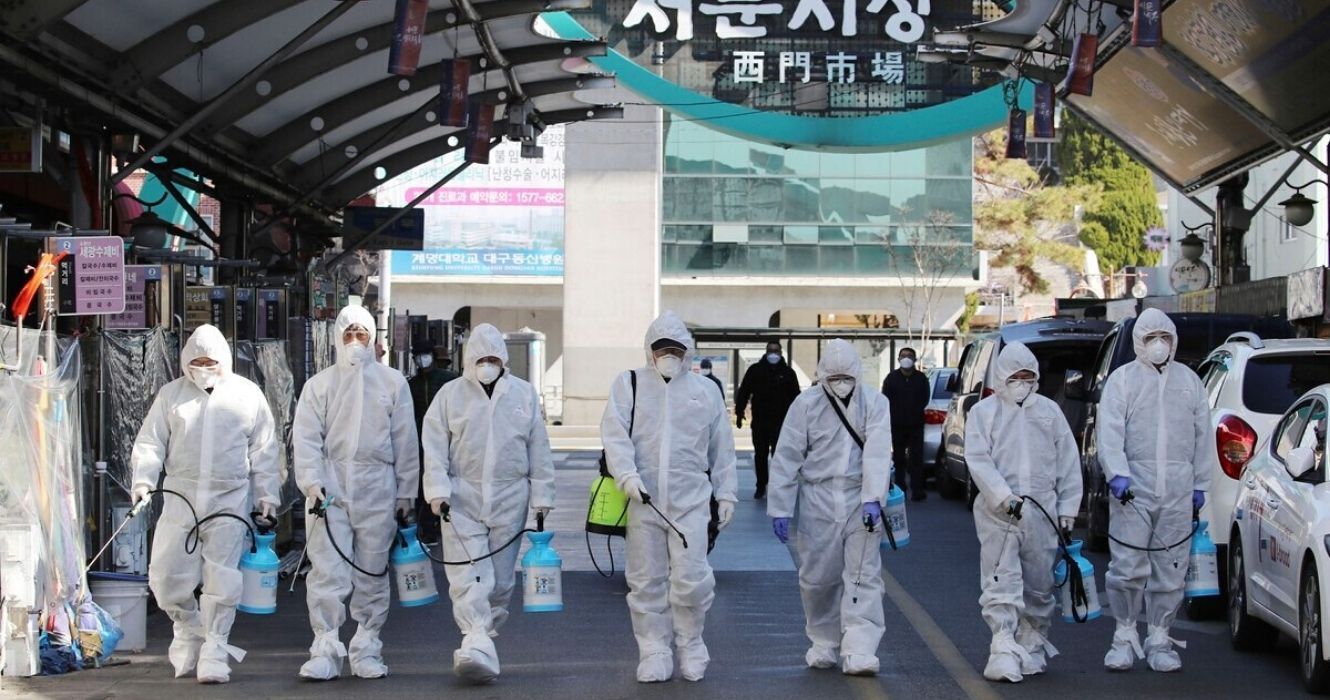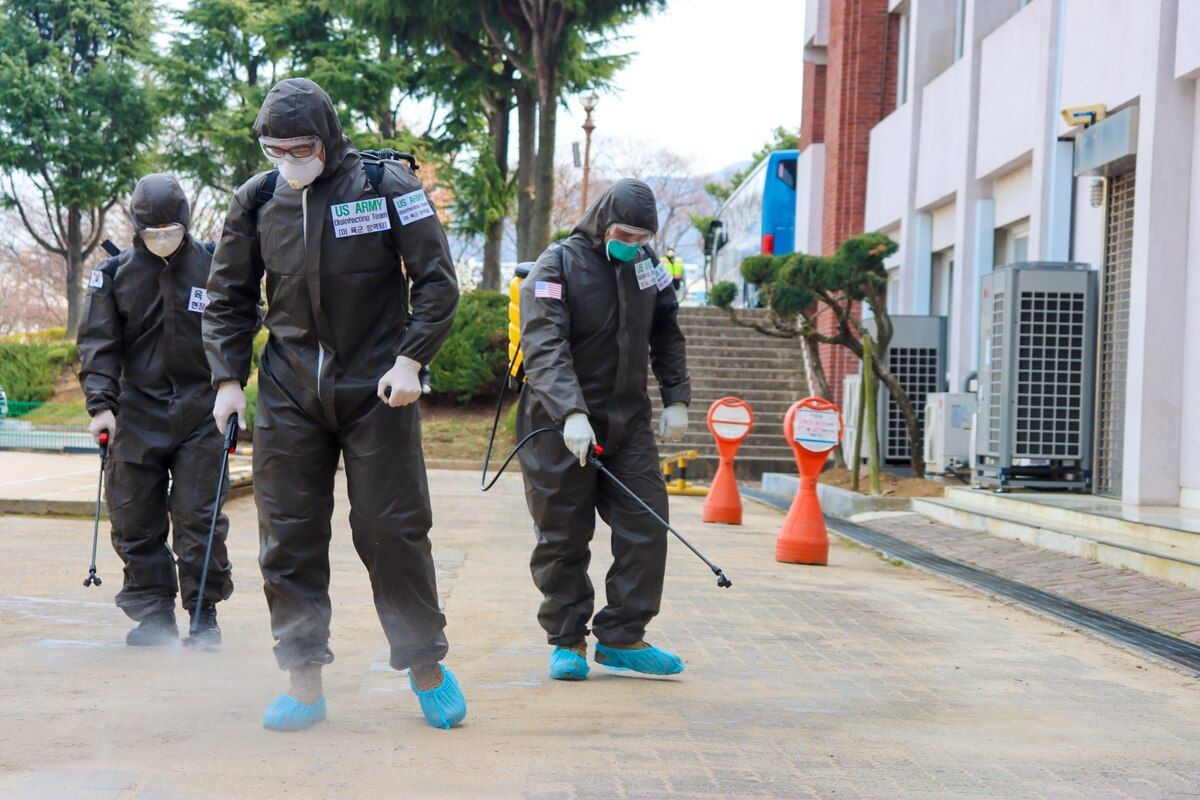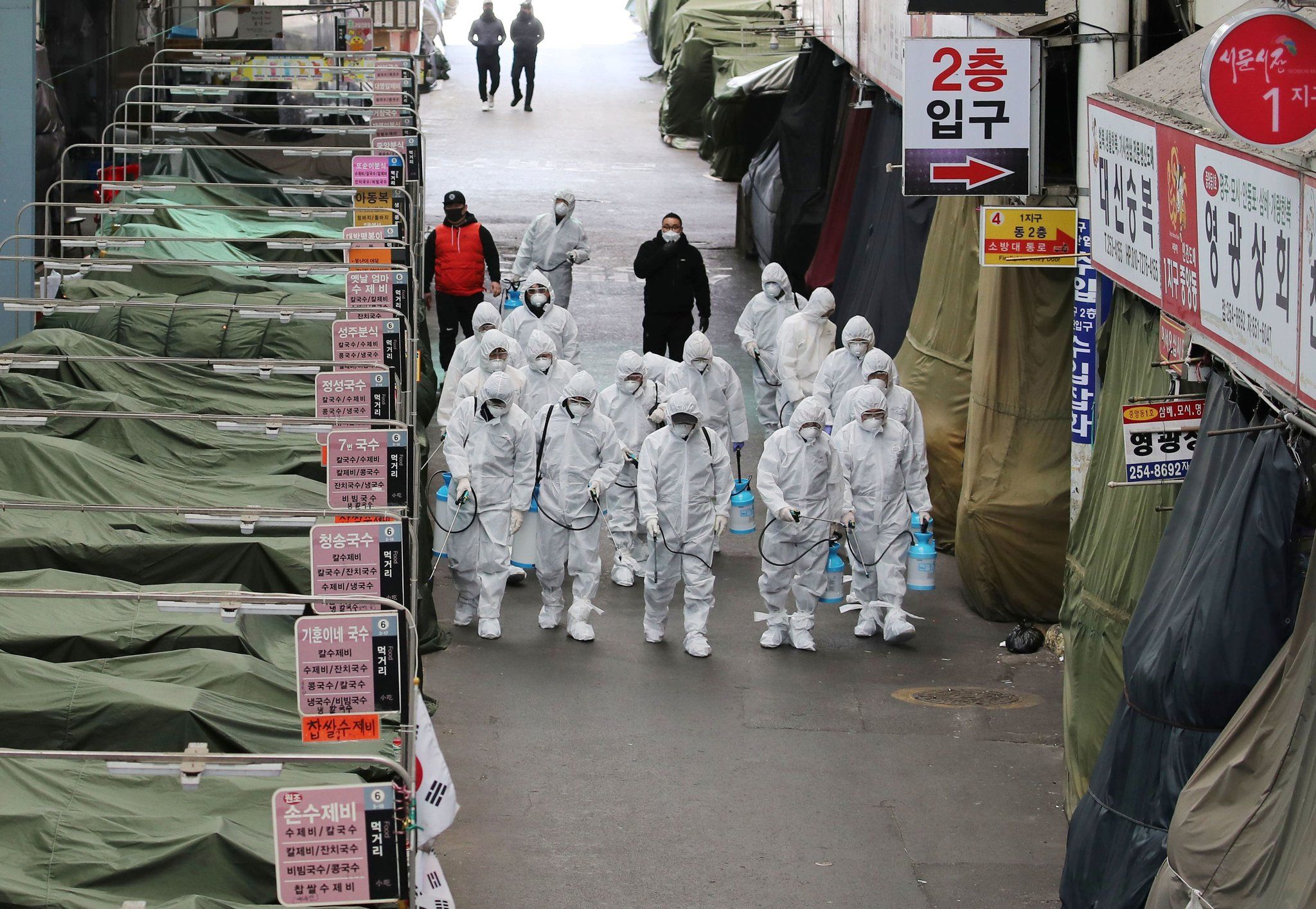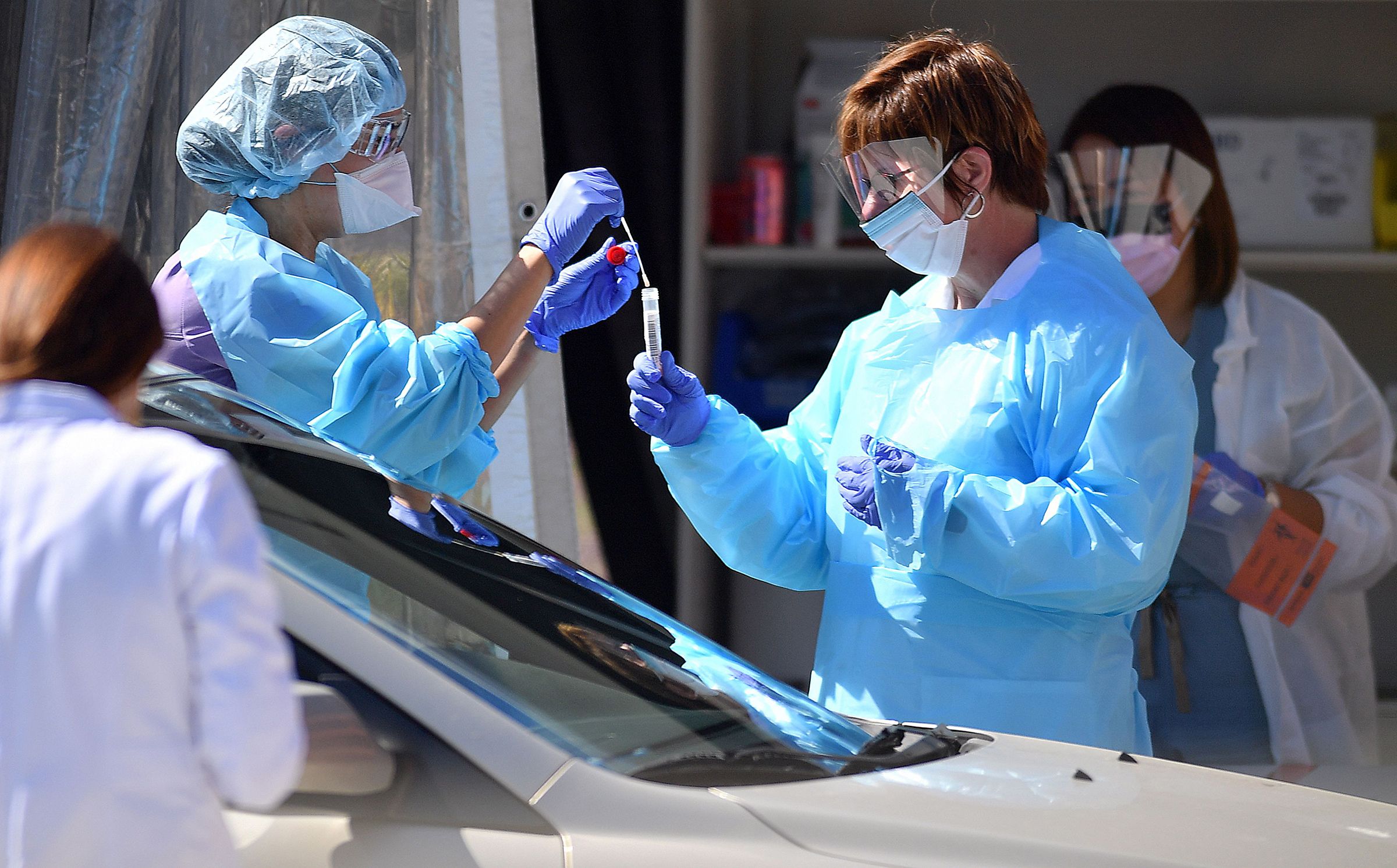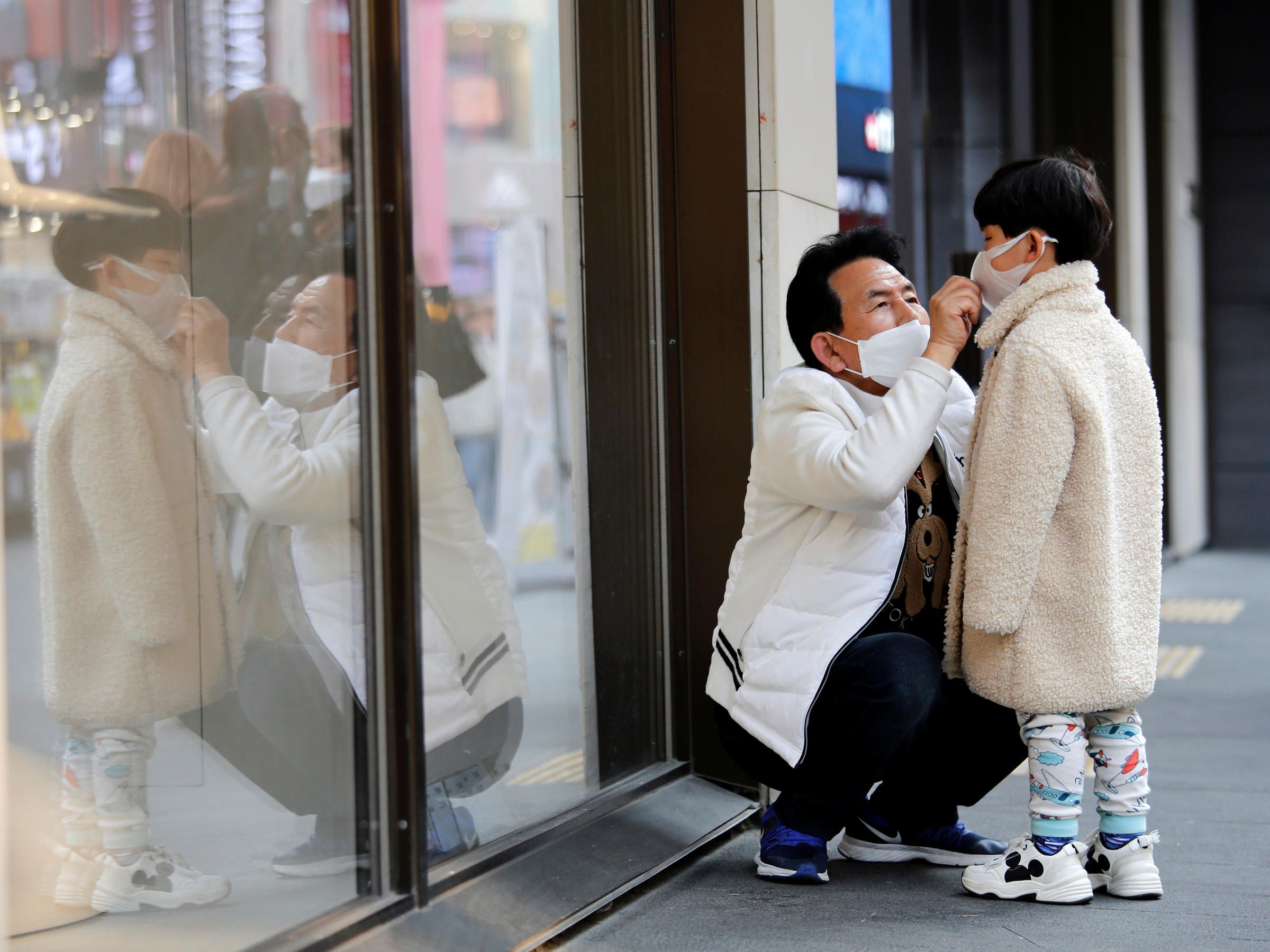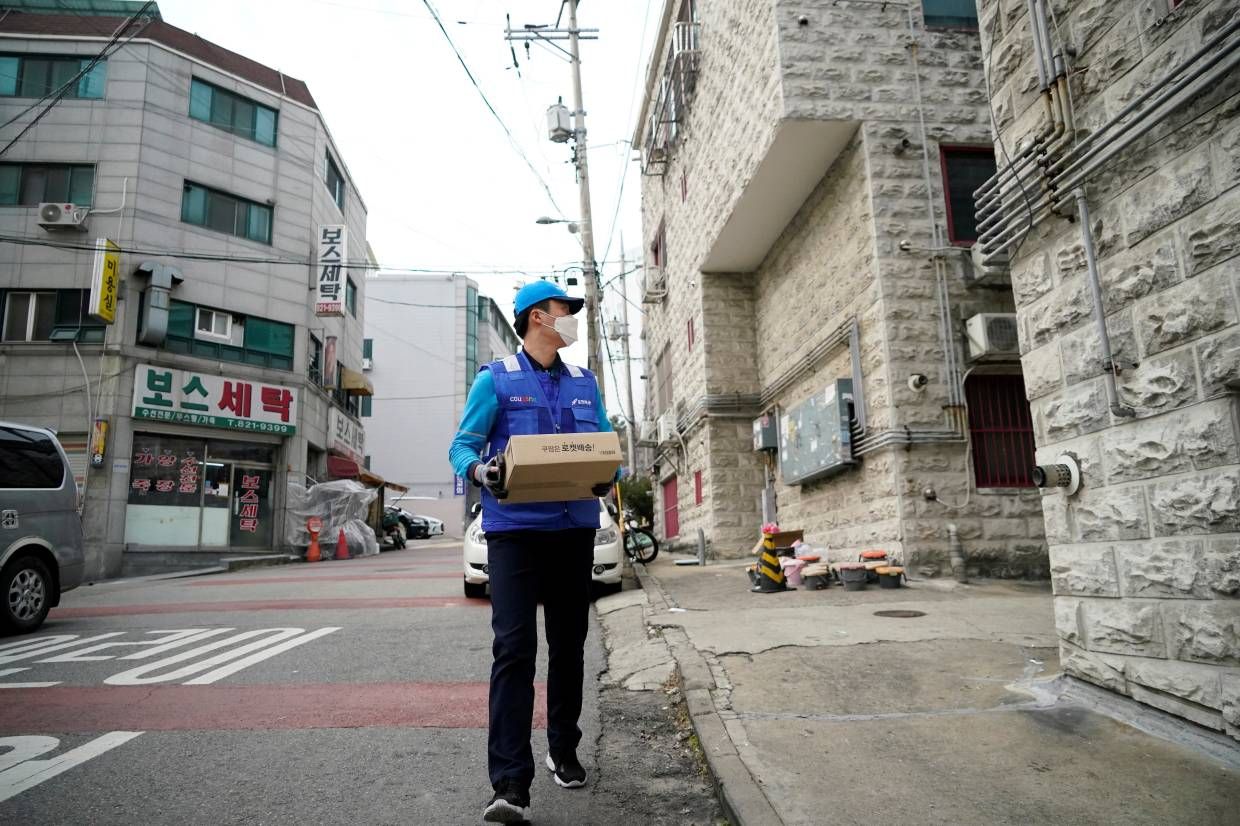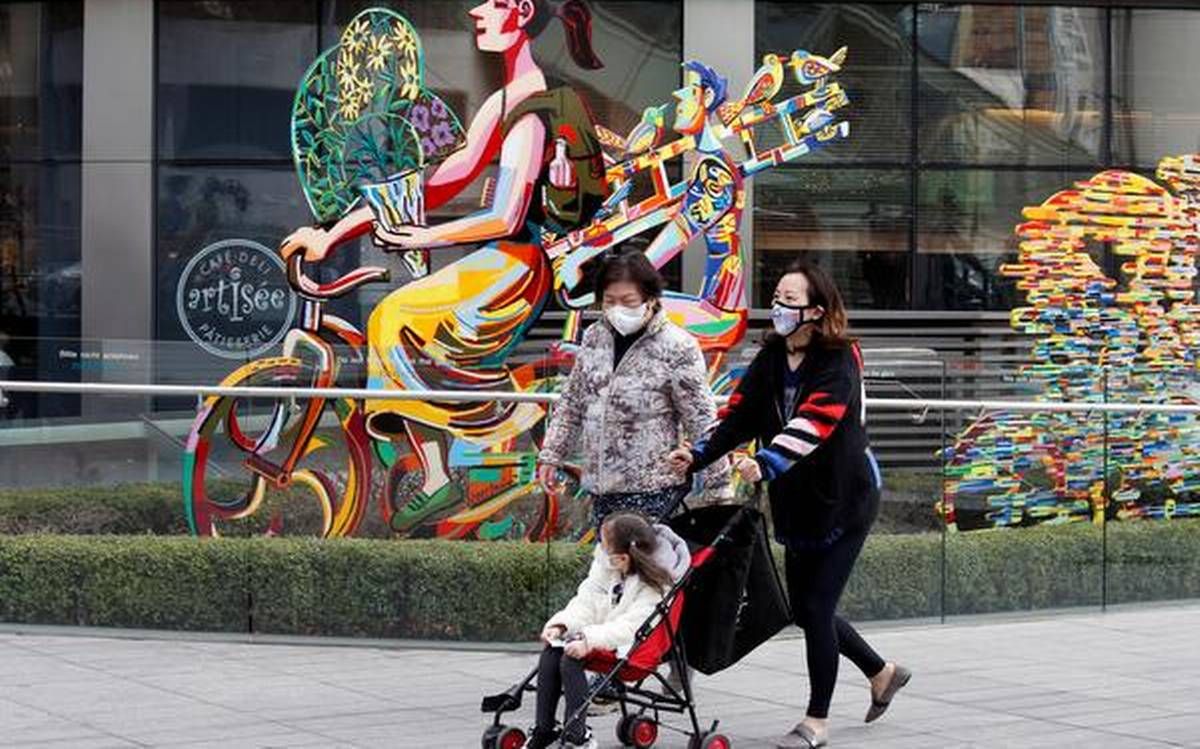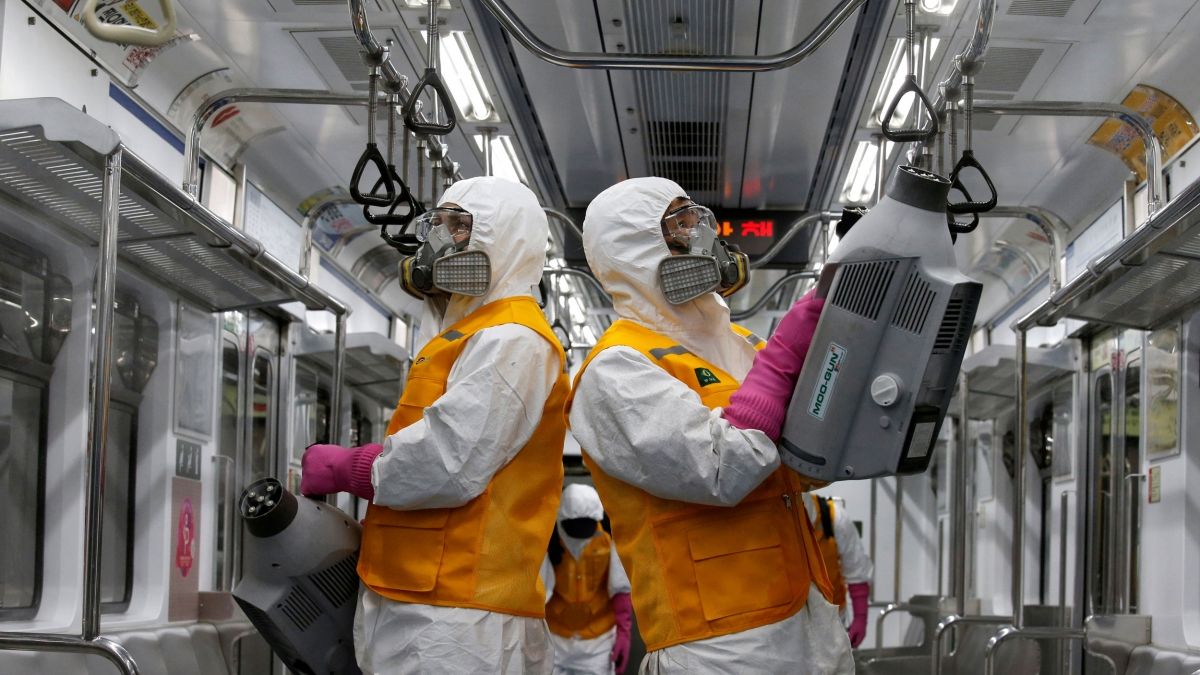South Korea has been a trending topic for the last few weeks as they sprung into action, at a much faster rate, to control and eradicate the spread of Covid-19. On February 29th, the country saw 909 confirmed infected cases and had a significant decrease to 74 by March 16th. Having experienced a respiratory pandemic just three years before, South Korea had implemented measures that they knew worked while adding additional measures to contain the spread with new ideas that they learned from the past.
Most importantly, residents of South Korea did not hesitate to follow the South Korean government and police authorities demands for compliance during their time of crisis. By setting up testing centers immediately, evaluating passengers flying into the airports, ordering residents to self-isolate right away, and tracking those with confirmed cases of the virus, South Korea was able to heal at a much faster rate than other countries.
Recently, countries around the world have started to adopt measures that South Korea immediately instilled on their residents such as self-isolating from non-essential situations, self-isolating when returning home from abroad, the closing of educational systems and visiting a clinic when presented with flu-like symptoms.
They Expected Covid-19 Would Arrive And Deployed The Army
When China was initially hit with the Covid-19 virus, South Korea never flinched into assuming that they would eventually receive and contract the pandemic of the century, just as they had during the 2003 Sars pandemic. Emerging in the news and across the globe, South Korea became a beacon of encouragement and a light of hope as they tackle reducing the infected numbers from rising.
Immediately, South Korea instilled pop-up testing centers and drive-thru clinics, where they were able to test up to twenty thousand citizens per day. Proudly, the Korea Centers for Disease Control and Prevention considered the country to have acted “like an army.” They also isolated patients at a much faster rate.
Related: 10 Etiquette Tips To Know Before Traveling To South Korea
They Created An App That Would Allow Citizens To Know When A Case Was 100 Meters Away
The majority of cases in South Korea all strained from the same event in the same location. A 31-year old woman attended a church and 80% of South Korea’s infected population came from those same church and community surroundings, thus containing the community spread to a minimum.
This caused the country so much headache that the Seoul government brought up bringing a murder investigation to the Christian sect, Lee Man-hee, where the infection stemmed from.
The Public Trusted The Government Due To Their Transparency With The Situation
South Korea initiated a central tracking app called the “Corona 100m” that would inform the general public of a confirmed case that was 100 meters away from where they currently were. Just two weeks after a surge of confirmed cases, South Korea sent out a small amount to each of its citizens to cover their basic everyday living expenses.
However, for urgent measures, the authorities would also send emergency text messages that would allow them to know the movements of an infected resident.
Additionally, they immediately started screening those flying into South Korea. Most importantly, South Koreans also have universal health care and the government added additional beds before the pandemic became an epidemic.
Related: As Of Right Now (COVID-19) These Important Countries Have Still Not Closed Their Borders
They Were Able To Contain It After Their 31st Person
With a country that is already very compliant with their government’s instructions and laws, South Korean residents were already very well trained to comply with additional laws and government demands.
However, South Korean’s were given accurate information surrounding the virus and those infected. They were also briefed on daily reported deaths at a much faster rate. Most importantly, South Korea had already had an epidemic health crisis back in 2015, when the Middle East Respiratory Syndrome (MERS) swooped the nation.
By springing into action at a much faster rate then the majority of countries that are currently facing an increasing daily number, South Korea had a 99.56% decrease in confirmed cases in two weeks.
Next: In The Midst of COVID-19 These Countries Are Not Taking Social Distancing Seriously (15 Pics)

